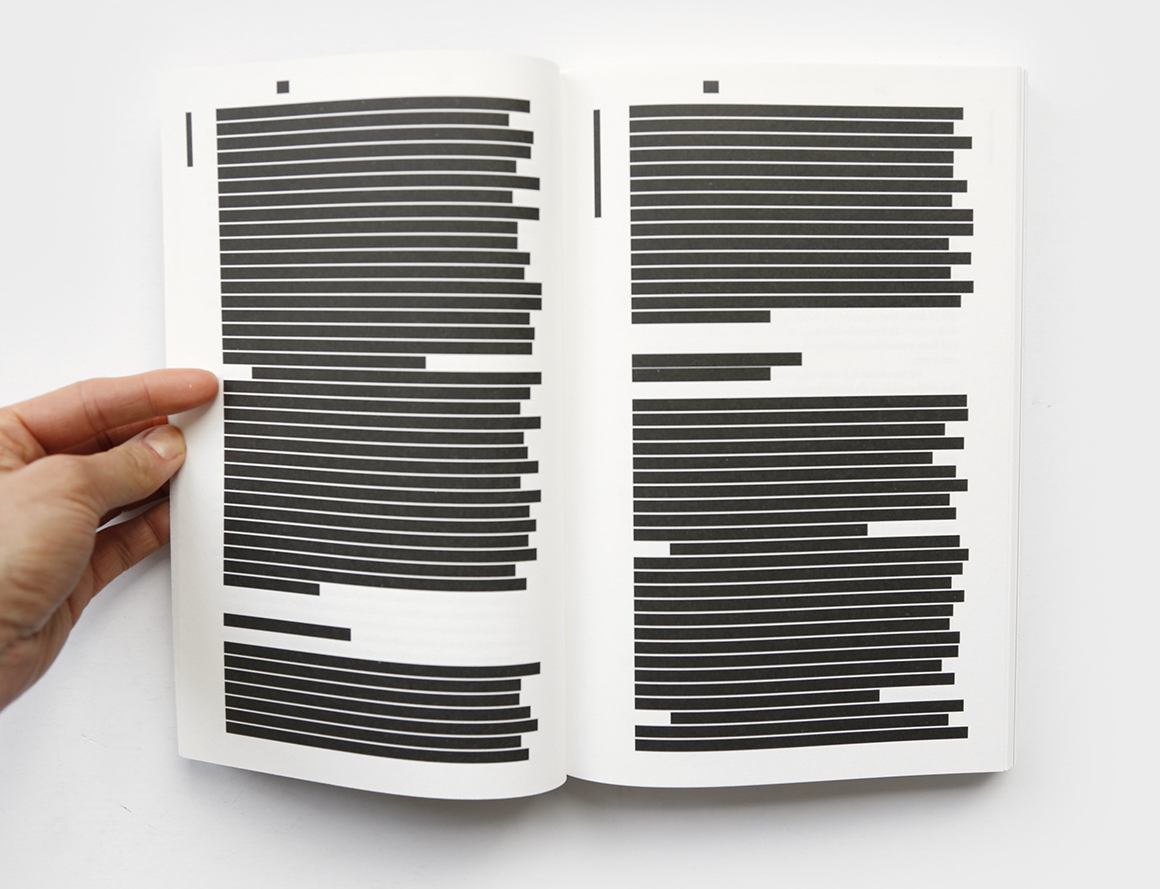Theories of Knowledge in the Age of Planetary Computation Instructor: Mohammad Salemy Date & Time: Tuesdays, October 2, 9, 23, 30, November 6, 13, 20, 27, December 4 10 AM EST - 12:30 PM EST

DESCRIPTION Organized exclusively for the Digital Earth Residency Program, this theoretical seminar will be hosted by Mohammad Salemy and Patrick Schabus. It will feature seven philosophers, thinkers and theorists who have made a major contribution to their field in the last five years(Reza Negarestani, Inigo Wilkins, Mi You, Boris Ondreička, Patricia Reed, Katerina Kolozova, Alexandra Mason). They will be focusing on epistemology and other relevant issues at the heart of their practice, showing how their work addresses the social, political and cultural realities of contemporary life on a computationally interconnected planet earth.
October 2: Mohammad Salemy & Patrick Schabus /// Mythopoesis versus Necropoesis
Salemy’s and Schabus’ presentation focuses on the role of what they call Mythopoesis (myth-making) in constructing new realities in the past and present and fixing and/or preventing futures. Their presentation emphasizes a renewed need for mythology in the era of planetary computation which is marked by: 1- increasing reliance on mathematical measurements and measures for maintaining and expanding abstractions needed for the management of social, political economic and cultural systems, and 2- the chaos and violence resulting from the clash between the modern and the enlightenment-oriented world (1500-present) and the new emerging orders.
October 9: Reza Negarestani /// Quandaries of Induction for A Universal Leaning Computer
This presentation focuses on the possibility of constructing a universal learning machine (ULM), essentially an AI that is capable of optimally find or predict the simplest data model for any arbitrary data distribution, using formal inductive methods and probability logic. We shall assess the possibility of ULM from a particular perspective: Problems of induction, old and new, from Hume to Russell, Goodman and Putnam.
October 23: Inigo Wilkins /// Compression, Prediction, and Complexity
I will talk about a new paradigm in cognitive science and AI based on compression and prediction, how this relates to platform capitalism, and how phemomena at the level of social behaviour exceeds this inductive framework and requires an integration of bottom-up data-driven processing not only with top-down Bayesian priors but structured around theoretical resources including logico-conceptual inference, normative-linguistic commitment, and the semantic complexity of natural language.
October 30: Mi You /// Eurasia / Speculation
The seminar will juxtapose old and new networks, from the nomadic cosmological ones, the
“Eurasian imaginative highway”, to the contemporary supranational infrastructures. By
doing so, we will try to construct a bridge between speculation and materialist production.
In other words, we will try to think beyond the ‘dismal science’ by exercising and enacting
speculative thinking, while assessing the productive potentials of, for example,
‘cosmotechnics’ and the scales of engagements it entails. A further point of inquiry is, how
does the speculative figure in the revaluation of value, and henceforth in (re)production?
November 6: Boris Ondreička /// Against Vitalization
The presentation will deal with material illiteracy as a source of ecological confusion on one hand and the ambivalence between the theory and the poetry and the practice on the other.
November 13: Patricia Reed /// Cosmologies towards a Horizonless Future
Cosmology, Bentley Allan has argued, underwrites a sense of purpose, providing a framework of orientation to legitimate certain actions and decisions in the world. His study looks at how certain scientific developments throughout history came to influence not only how we understand the world, but also our place within it and why manners of navigating it come to make sense. This seminar examines the chasm between the profound transformations of our historical present on the one hand, and what amounts to our ‘cosmological stagnation’, on the other hand, addressing the violent incompatibility between them. This chasm, however, reveals a crucial site of labor for the arts and humanities to intervene in the narration of these changes, and how they ought to be conceptually, pragmatically and ethically integrated. The second part of the seminar examines how epistemologies ‘resituate’ us, departing from Donna Haraway’s ‘Situated Knowledges’, and extrapolating upon her initial theses in view of complex objects, wherein the agency to better grasp the systems creating our reality cannot be located in a single human agent, but is distributed among humans and machinic intelligences.
November 20: Katerina Kolozova /// The Exploitation of the Inhuman: of the Pure Catogories of Matter and Automation
Language is technology, and technology is techné, not philosophia: techné exacts operations over and through the physical, not in order to “transcend it” but rather to use it in ways that help weighed-down animals, including human animals, in the physical reality they inhabit. Acceleration or flight is not concerned with transcending the physical but rather with its greater fullness and the exhaustion of materiality through expression. The signifying chain without agency – like any signifying automaton – is indifferent to goals like “the rule of reason” and “transcendence of physicality,” including the philosophico-theological hierarchies they may establish.
November 27: Peli Grietzer ///Theory of Vibe
Whenever theory needs to construct a nexus between aesthetic, social-material, and affective loci of analysis, concepts of ‘ambient’ structure – analytically ineffable subjective/objective structures like mood (Stimmung), habitus, cultural logic, tone, or style – do the heavy lifting. In this talk, I introduce a mathematically informed account of the ontology and the epistemology of such ‘ambient’ structures, based on the geometry of generative neural networks
December 4: Mohammad Salemy & Patrick Schabus
Image credit: Sternberg Press, 2016
To see The New Centre Refund Policy CLICK HERE.